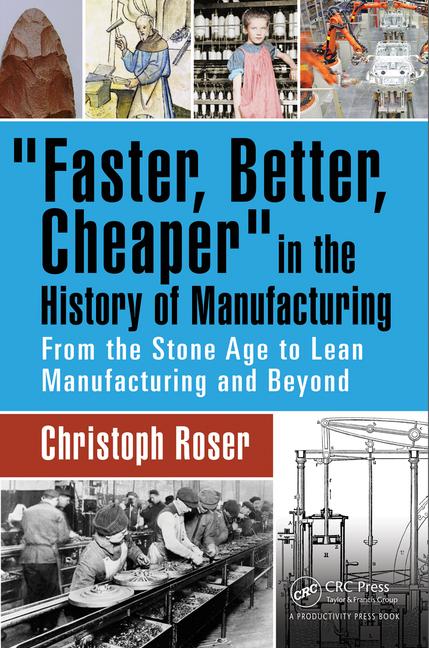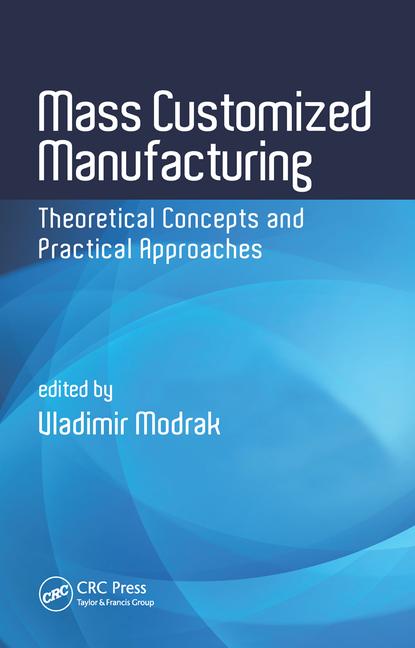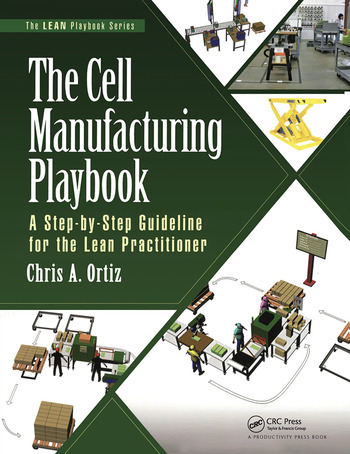This is an excellent portent for the U.S. economy in the long term because, regardless of the pervasiveness of the so-called "service economy," the fact remains that without manufacturing, the service economy wouldn’t have anything to "service."
In their new book Manufacturing Works: The Vital Link Between Production and Prosperity, Fred Zimmerman and Dave Beal make a convincing case that America’s manufacturing base drives its prosperity. "America should cast a skeptical eye on the argument that we have reached some sort of postindustrial state, wherein manufacturing will give way to a higher order that calls for other nations to do the producing while the United States enjoys the fruits of that production," say the authors. "There is little evidence that this vision is practical."
Zimmerman, professor of manufacturing systems engineering and international management at the University of St. Thomas (St. Paul) and Beal, business columnist for the St. Paul Pioneer Press, base their views on a landmark study they carried out to explore the American manufacturing landscape from 1977 to 1999. Beginning with all 3,142 U.S. counties, the authors narrowed the study to closely examine 232 counties with significant concentrations of manufacturing.
The authors examine in detail the question of what would happen if the manufacturing sector in the United States were suddenly to suffer further erosion. This is a pivotal issue for the U.S. economy, inasmuch as increasing globalization continues to transfer manufacturing processes to emerging countries with low-cost labor and without environmental protection laws.
The authors conclude that millions of jobs would be at risk. "Tax revenues would plunge, forcing schools to close and governments to slash services," they continue. Furthermore, "income to charities would shrink and the quality of higher education would come under sustained pressure."
Not surprisingly, the authors call for politicians to monitor tax burdens on manufacturers more closely and to pay attention to manufacturing’s problems. You can order a copy online from the publisher, Dearborn Trade, at www.dearborntrade.com. Better yet, buy copies for your members of Congress. Help them understand that manufacturing plays a key role in national security and the domestic economy, and is the basis for a prosperous future.




